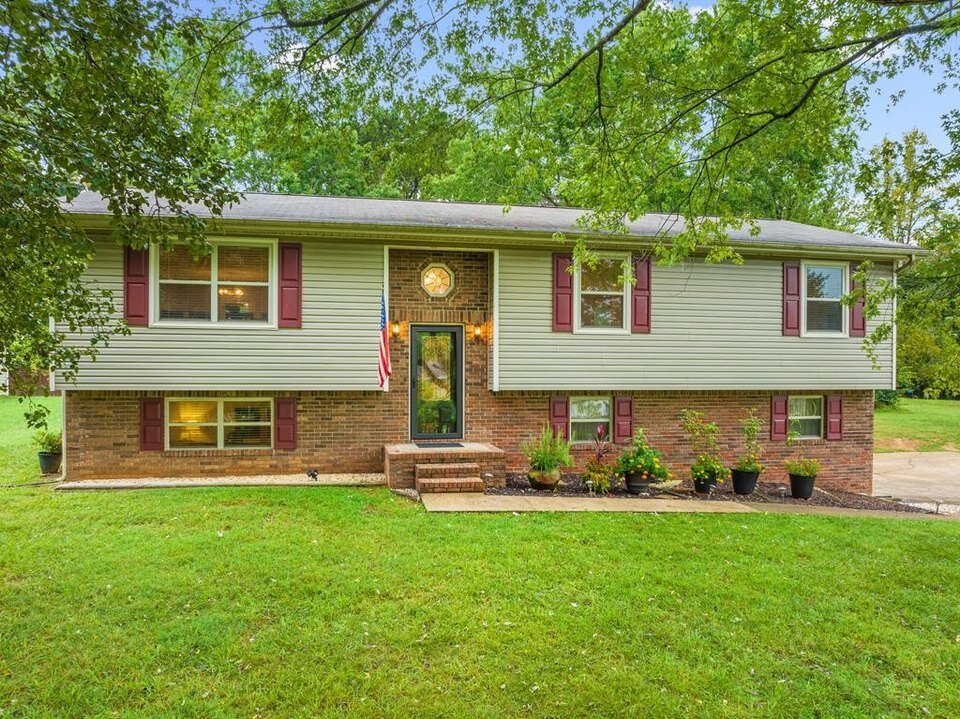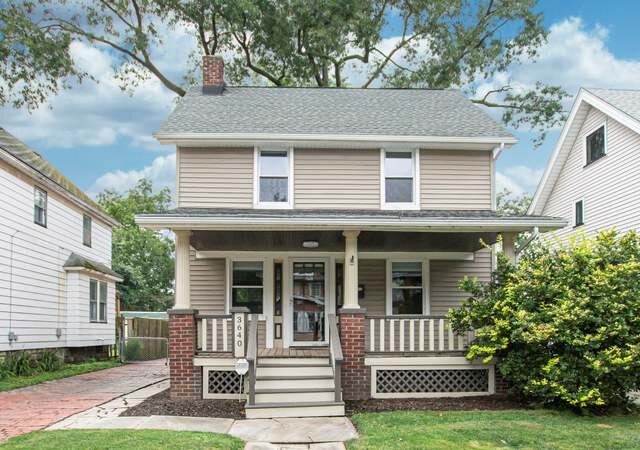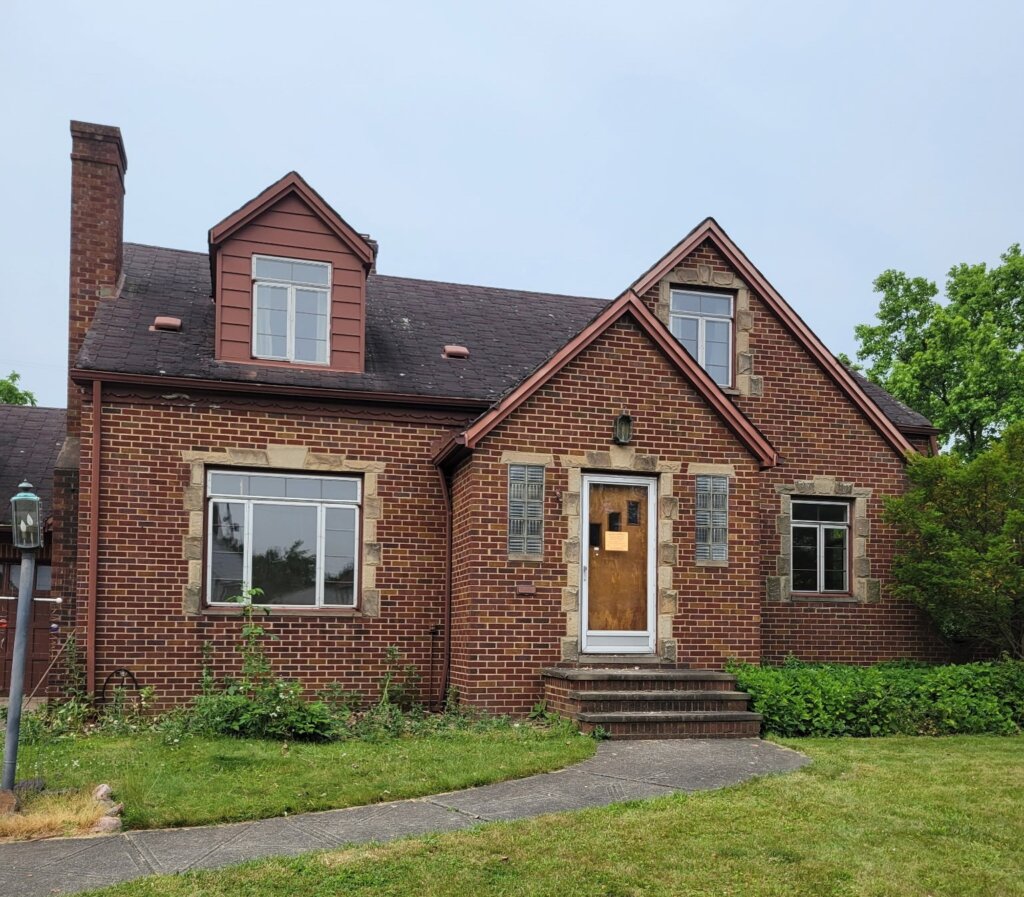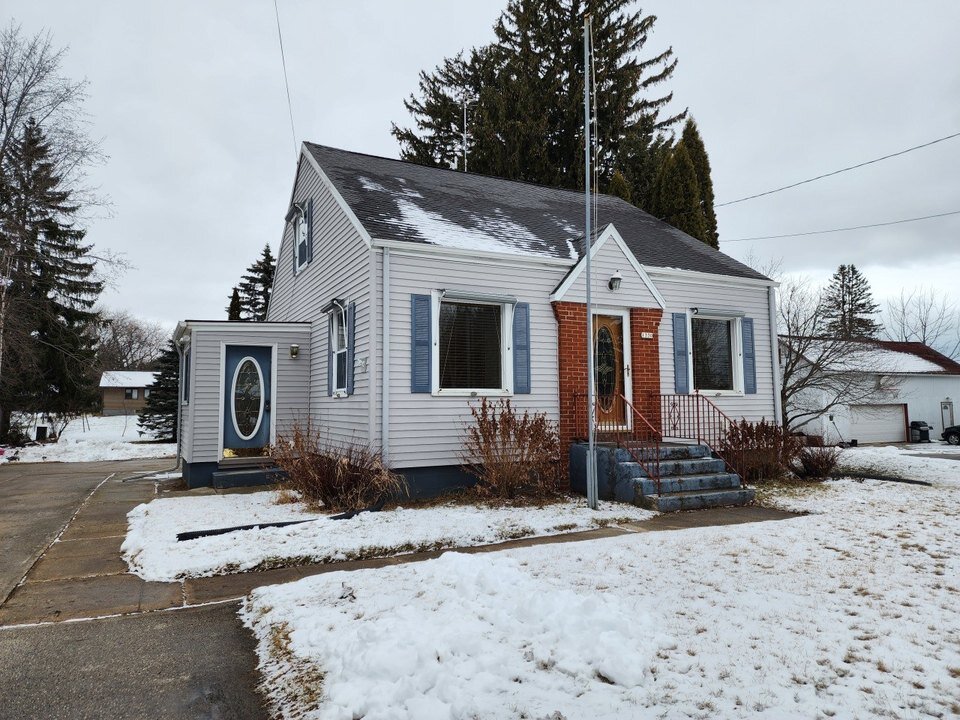When navigating the real estate market in Cleveland, understanding the differences between traditional sales, short sales, and foreclosures is essential—whether you’re a buyer looking for a great deal or a seller trying to make the best financial move.
Each home sale type has its pros and cons, and choosing the right one depends on your financial goals, timeline, and risk tolerance. In this guide, we’ll break down the key differences between traditional home sales, short sales, and foreclosures in Cleveland, so you can make an informed decision.
Buying a home to live in or to invest, a traditional sale usually offers the least amount of stress and risk.🏠 What Is a Traditional Home Sale?
🏠 What Is a Traditional Home Sale?

A traditional sale is the most common type of real estate transaction. It occurs when a homeowner chooses to sell their property and there are no issues with mortgage debt or lender involvement.
- The seller typically has equity in the home.
- The transaction involves only the buyer and the seller (with agents and closing attorneys).
- Offers are negotiated and accepted quickly.
- Closings are generally smoother and faster than distressed property sales.
If you’re buying a home to live in or to invest, a traditional sale usually offers the least amount of stress and risk.
📉 What Is a Short Sale in Cleveland?

In a short sale, the homeowner owes more on the mortgage than the home is worth and is unable to pay the difference. The lender must approve any offer since they’re accepting less than what is owed.
- Short sales help sellers avoid foreclosure and minimize credit damage.
- The process can be lengthy—typically 3 to 6 months or more.
- Buyers may get a below-market price, but they must be patient.
- Lender approval is required, which can slow things down.
Short sales in Cleveland are ideal for buyers who are flexible with their timeline and willing to navigate a more complex buying process.
🏚️ What Is a Foreclosure?
A foreclosure happens when a homeowner falls behind on mortgage payments and the lender takes legal steps to reclaim the property. After a 90-day delinquency period, the home is auctioned or repossessed by the lender.
- Foreclosures are often sold at a discount to attract buyers.
- The buying process can be competitive and fast-paced.
- Properties are sold as-is and may need significant repairs.
- Emotional situations and distressed conditions can complicate the sale.
Foreclosures in Cleveland offer opportunities for savvy buyers or real estate investors looking for fixer-uppers at bargain prices. However, due diligence is essential.
⏱️ How Long Do These Sales Take?
- Traditional Sales: Usually close in 30–45 days.
- Short Sales: Often take 3–6 months due to lender negotiations, but can take many months longer depending on the workload and staff of your bank.
- Foreclosures: Can close within 30–45 days once an offer is accepted.
🛠️ Condition of the Property

- Traditional homes are usually maintained and move-in ready.
- Short sales and foreclosures may have been vacant for months or years and often need repairs.
- Buyers should be prepared to purchase as-is and budget for renovations.
That said, these distressed properties can represent incredible investment opportunities—if you’re ready to do the work.
Which Option Is Right for You?
Choosing between traditional home sales vs. short sales and foreclosures in Cleveland depends on:
- Your budget and financial situation
- Your buying timeline
- Your ability to handle repairs or renovations
- Whether the property is for personal use or investment
If you’re not sure which route to take, working with a trusted local real estate professional can make all the difference.
Ready to Explore Your Real Estate Options in Cleveland?
Whether you’re buying or selling, our experienced team is here to help you navigate the complex world of traditional sales, short sales, and foreclosures in Cleveland.
📞 Call us today at 440-973-6024 for expert guidance and personalized support. Let’s find the path that’s right for you!

